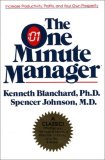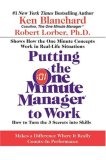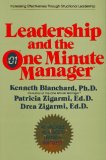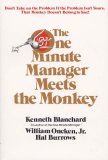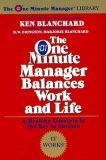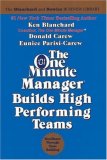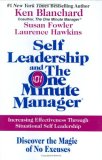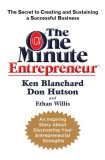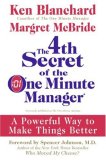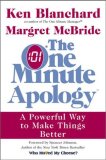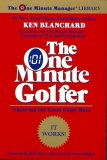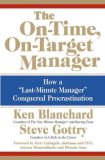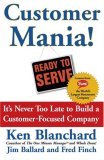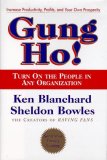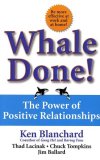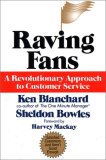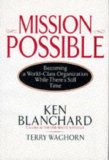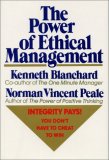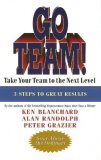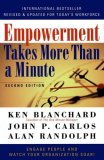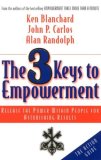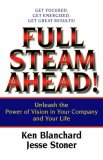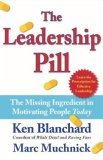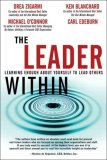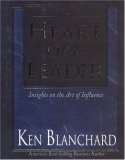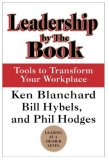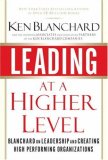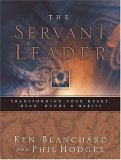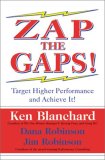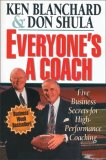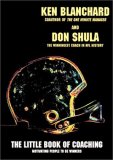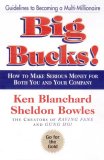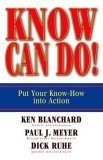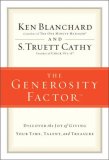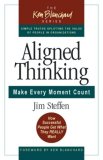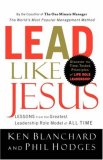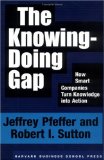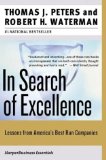I’ve been around long enough to remember that any organization in the know was proud to boast the existence of an R & D (Research and Development) department.
This department consisted of a chosen few who concentrated on creating breakthroughs, innovations, and new products and services. These unique individuals had the education, experience, talent, creativity and mind-set to come up with ideas that could change the future of the organization.
You don’t see many R & D departments these days and for good reason. We’ve learned the very valuable lesson that breakthroughs can evolve from any person in any area of the organization. Why limit this opportunity to a chosen few?
What is a breakthrough?
- It’s simply a productive insight making an important discovery.
- It’s the development of new, radical approaches to traditional constraints, as opposed to incremental or minor changes in thought that build on the original approach.
- It’s an unconventionally fresh, more exciting way of doing something.
- It’s a dramatic improvement in each area that makes you more powerful, efficient, effective, productive and more valuable or inspiring to those you serve.
Major breakthroughs come from the correct mind-set — one which must be nurtured within your culture. It’s an attitude — an opportunistic attitude. Those who make breakthroughs are always opportunistic … constantly searching for that moment and situation which will make a difference.
A recent study revealed that out of 85 breakthroughs, only 21 were discovered in large organizations. Most of the best ideas come from people just like you who are encouraged and supported in their efforts to excel. For instance:
- The dial telephone was invented by an undertaker and the ball point pen by a sculptor.
- The founder of Nike, an avid runner, sat at his kitchen table and poured rubber into a waffle iron to create Nike’s unique sole for their running shoe.
- William Wrigley Jr., a young soap salesman, started selling baking soda in Chicago in 1891. To entice new customers, he threw in two packages of chewing gum with every sale. Guess what the customers were more excited about? He listened and built an empire.
- Michael Dell started selling computer components from his dorm room in 1983. When his sales reached $80,000 a month, he dropped out and put all his energy into the business. Dell currently employs over 65,000 people and earned revenues of $61.1 billion last year.
- Warren Avis founded Avis Rent A Car in 1946 with 3 cars at Willow Run Airport in Detroit to address one of his chief frustrations — finding an available cab at the airport! His company quickly became the nation’s second largest car rental business in terms of market share, a position it maintained for decades.
- Clarence Birdseye, a fur trader in Labrador, made an interesting discovery while ice fishing at 40 degrees below zero. When you pull a fish up through the ice, the fish freezes, fast and hard. He also discovered that when thawed, the fish were tender, flaky, and moist — almost as good as fresh caught. The same was true for frozen caribou, geese, and the heads of cabbage that he stored outside his cabin during the long Canadian winter. The quick-freezing process he pioneered produced frozen foods that created a multibillion dollar industry and gave farmers the incentive to grow crops for a year-round market.
- In 1972 the Democratic convention nominated George McGovern to run for President against Richard Nixon. During the convention, Senator McGovern dumped his vice-presidential running mate Senator Eagleton because he had been hospitalized three times for nervous exhaustion in the 1960s, and twice had undergone electroshock therapy. A young, 16-year-old entrepreneur saw a one-time opportunity and bought up 5,000 suddenly obsolete McGovern-Eagleton buttons and bumper stickers. He paid about 5 cents a piece for them. He soon resold them as historical and rare political memorabilia for as much as $25 per item. This is an excellent example of an opportunistic mind-set. True, this young man’s one-time windfall profit did not change the world. However, his opportunity-focused attitude saw an opportunity where no one else did. This focus became part of his psyche. By the way, that young man was Bill Gates!
Most major breakthroughs are a result of looking at things with a common sense degree of open-mindedness, added to the ability and willingness to take action on what you see. They don’t require advanced education, a high IQ, or vast amounts of money.
A major breakthrough is merely:
- A fresh new way of doing something.
- Applying old things in new ways.
- Applying new things in new ways.
- Applying old things in new combinations.
- Applying new things to old or new markets.
- Applying old things to old or new markets.
The most dramatic breakthroughs frequently center, pure and simple, on better ways to do things — faster, easier, or more effectively or logically. Strive for breakthroughs. Expect breakthroughs. Create breakthroughs. Benefit from breakthroughs.
About Harry K. Jones
Harry K. Jones is a motivational speaker and consultant for AchieveMax®, Inc., a company of professional speakers who provide custom-designed seminars, keynote presentations, and consulting services. Harry's top requested topics include change management, customer service, creativity, employee retention, goal setting, leadership, stress management, teamwork, and time management. For more information on Harry's presentations, please call 800-886-2629 or fill out our contact form.

